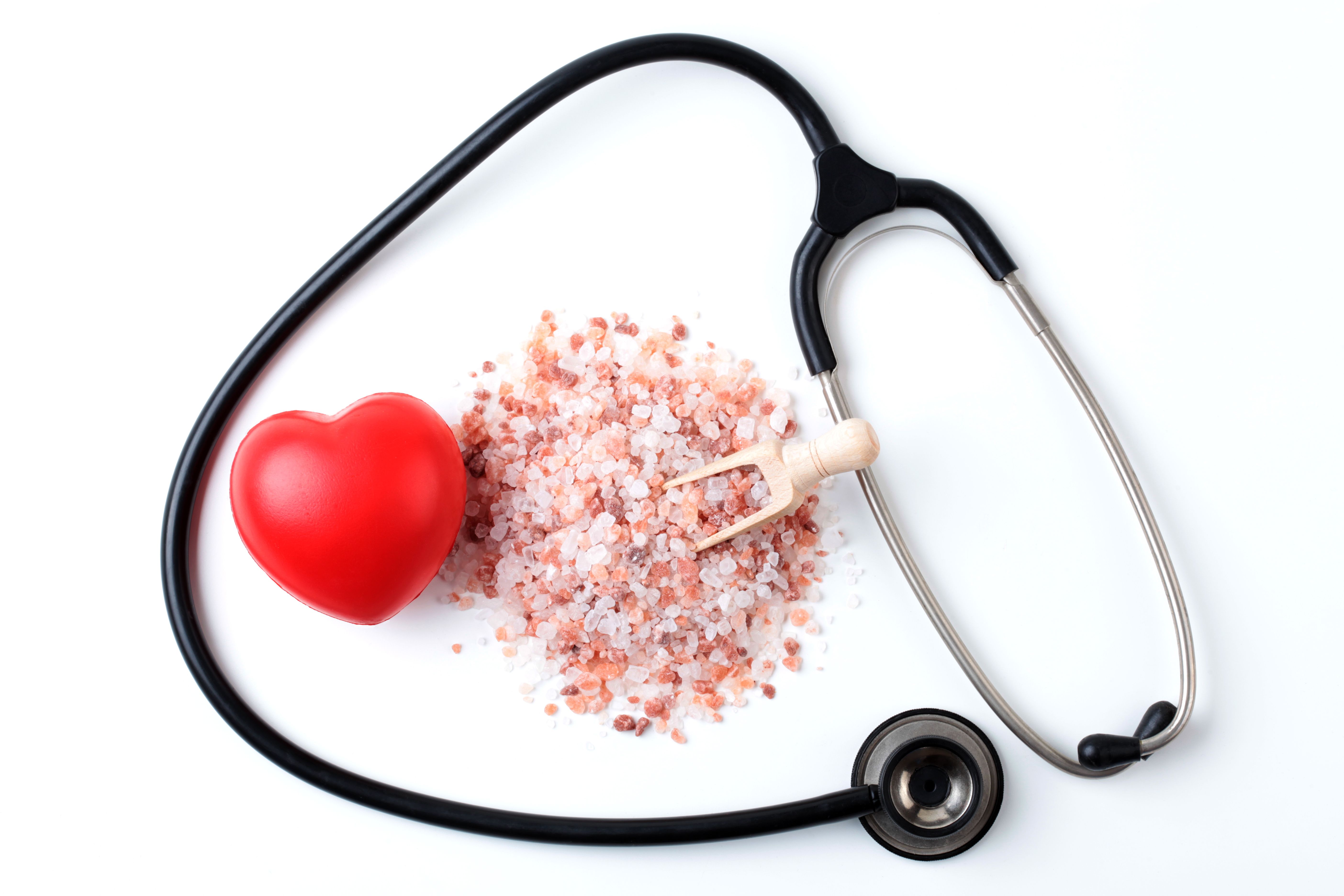- CDC
- Heart Failure
- Cardiovascular Clinical Consult
- Adult Immunization
- Hepatic Disease
- Rare Disorders
- Pediatric Immunization
- Implementing The Topcon Ocular Telehealth Platform
- Weight Management
- Monkeypox
- Guidelines
- Men's Health
- Psychiatry
- Allergy
- Nutrition
- Women's Health
- Cardiology
- Substance Use
- Pediatrics
- Kidney Disease
- Genetics
- Complimentary & Alternative Medicine
- Dermatology
- Endocrinology
- Oral Medicine
- Otorhinolaryngologic Diseases
- Pain
- Gastrointestinal Disorders
- Geriatrics
- Infection
- Musculoskeletal Disorders
- Obesity
- Rheumatology
- Technology
- Cancer
- Nephrology
- Anemia
- Neurology
- Pulmonology
ESC 2021: Low-sodium Salt Alternative Found to Reduce Risk of Stroke
Substituting regular salt with low-sodium alternative was found to reduce the risk of stroke, major cardiovascular events, and death in a new study presented at ESC Congress 2021.
©orcea david/stock.adobe.com

Replacing regular salt with a low-sodium option was found to reduce the risk of stroke in patients with hypertension or prior stroke in a new analysis of adults in rural China presented on August 29 at the European Society of Cardiology (ESC) Congress 2021.
“This study provides clear evidence about an intervention that could be taken up very quickly at very low cost,” said principal investigator Bruce Neal, MB, PhD, executive director, George Institute for Global Health, Sydney, Australia, in an ESC press release. “A recent modelling study done for China projected that 365,000 strokes and 461,000 premature deaths could be avoided each year in China if salt substitute was proved to be effective. We have now showed that it is effective, and these are the benefits for China alone. Salt substitution could be used by billions more with even greater benefits.”
In the Salt Substitute and Stroke Study (SSaSS), Bruce and colleagues compared the effect of a low-sodium salt alternative (75% sodium chloride and 25% potassium chloride) on stroke, major adverse cardiovascular (CV) events, and death from any cause. The safety outcome was clinical hyperkalemia.
SSaSS was an open-label, cluster-randomized trial involving adults from 600 villages in rural China and was conducted between April 2014 and January 2015. The participants had a history of stroke or were aged ≥60 years with hypertension.
A total of 20 995 adults were included in the study and were randomly assigned in a 1:1 ratio to the intervention group or to the control group, in which participants continued to use regular salt. Researchers provided sufficient salt substitute to cover the needs of a whole household (approximately 20 g per person per day), according to the press release.
Overall, 20 995 participants (mean age=65.4 years) were included in the study, of which 49.5% were women, 72.6% had a history of stroke, and 88.4% had a history of hypertension.
During an average follow-up of 4.74 years, the risk of stroke was reduced with the salt substitute compared to regular salt (29.14 events vs 33.65 events per 1000 person-years; rate ratio [RR], 0.86; 95% confidence interval [CI], 0.77-0.96; P=0.006), as were the rates of major CV events (49.09 vs 56.29 per 1000 person-years; RR, 0.87; 95% CI, 0.80-0.94; P<.001) and death (39.28 vs 44.61 per 1000 person-years; RR, 0.88; 95% CI, 0.82-0.95; P<.001).
There was no increased risk of serious adverse events associated attributed to hyperkalemia with the salt substitute compared to regular salt (3.35 vs 3.30 per 1000 patient years; RR, 1.04; 95% CI, 0.80–1.37; P=0.76). Researchers did not identify any additional risks.
“The trial result is particularly exciting because salt substitution is one of the few practical ways of achieving changes in the salt people eat. Other salt reduction interventions have struggled to achieve large and sustained impact,” said Bruce in the press release.
Reference: Neal B, Wu Y, Feng, X, et al. Effect of salt substitute on cardiovascular events and death (SSaSS). N Engl J Med. Online ahead of print. DOI: 10.1056/NEJMoa2105675.
